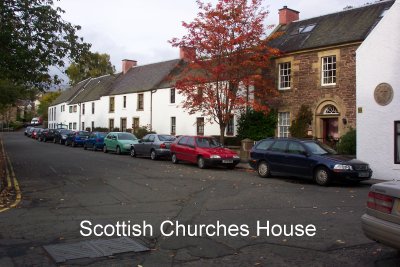Report on a conference at Redcliffe College – Centre for Mission Training
3-4 January 2008
Dorothy Knights
The Europe Mission Forum has been following the three-year Mission Research of Darrell Jackson based in Budapest. He was sponsored by the Conference of European Churches and Church Mission Society. He has now moved to the above college in Gloucester where, as a continuity of that work, he directs the Nova Research Centre. Nova was officially launched with a dinner on Thursday evening.
I was very pleased to represent CTBI at this event. Many of the forty participants had met Darrell a year ago when the first Conference for the Future of Mission in Europe was held at Redcliffe. They all came from Evangelical backgrounds, a new experience for me, but I felt comfortable thanks to Darrell’s initial lecture ‘Evangelical and Ecumenical Missiology in Post-Communist Europe’ which was as accompanied by a helpful chart. All Ecumenical references were familiar to me and it was very good to see there were more convergences than divergences. I was surprised at first that hardly anyone, except the CMS delegates, knew what CTBI stood for, but when they were told they without fail said it was ‘a good thing’ and that churches should come together.
Continue reading “The Future of Mission in Europe – Conference at Redcliffe College”


